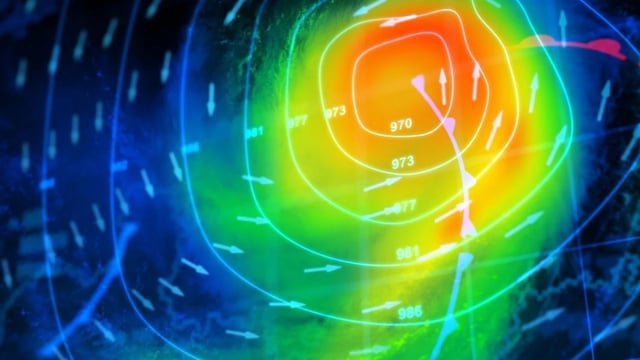Overview
- Aurora, a foundation AI model, outperforms traditional systems by improving cyclone track accuracy by 20–25% and surpassing numerical models on 92% of global weather targets.
- The model demonstrated its capabilities by accurately predicting Typhoon Doksuri’s track four days in advance, correcting errors in official forecasts.
- Aurora operates at a high resolution of 0.1°, delivering town- and city-scale forecasts in seconds without requiring supercomputers, making advanced forecasting more accessible and cost-efficient.
- Developed in just eight weeks using over a million hours of atmospheric data, Aurora can be fine-tuned for diverse tasks, including air quality, flood, and wildfire predictions.
- Experts anticipate major forecasting centers will integrate AI models like Aurora alongside traditional methods within 2–3 years, with AI forecasts potentially taking precedence by 2027–28.
